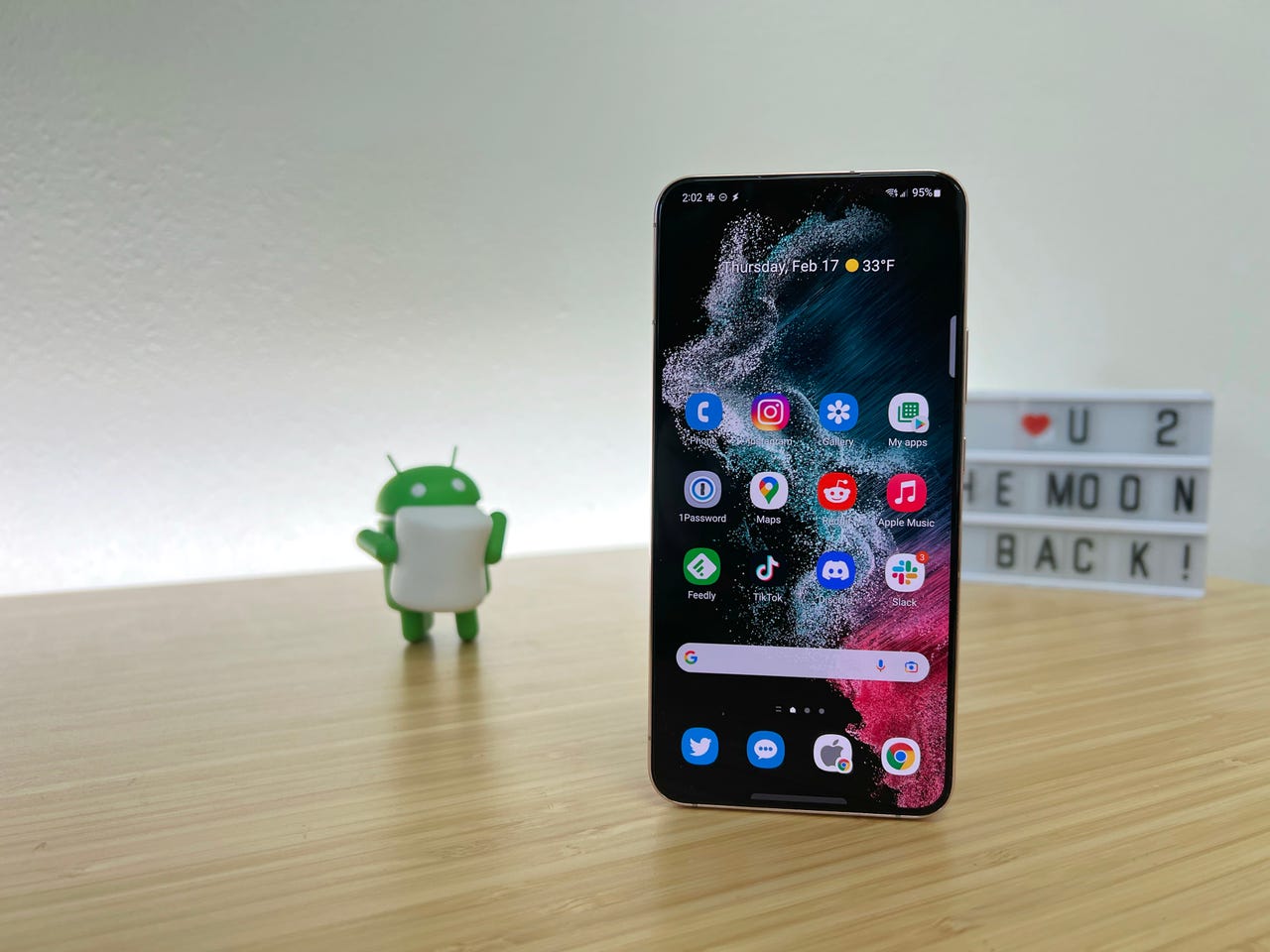'ZDNET Recommends': What exactly does it mean?
ZDNET's recommendations are based on many hours of testing, research, and comparison shopping. We gather data from the best available sources, including vendor and retailer listings as well as other relevant and independent reviews sites. And we pore over customer reviews to find out what matters to real people who already own and use the products and services we’re assessing.
When you click through from our site to a retailer and buy a product or service, we may earn affiliate commissions. This helps support our work, but does not affect what we cover or how, and it does not affect the price you pay. Neither ZDNET nor the author are compensated for these independent reviews. Indeed, we follow strict guidelines that ensure our editorial content is never influenced by advertisers.
ZDNET's editorial team writes on behalf of you, our reader. Our goal is to deliver the most accurate information and the most knowledgeable advice possible in order to help you make smarter buying decisions on tech gear and a wide array of products and services. Our editors thoroughly review and fact-check every article to ensure that our content meets the highest standards. If we have made an error or published misleading information, we will correct or clarify the article. If you see inaccuracies in our content, please report the mistake via this form.
Apple employees finally found a reason why Android phones are better


A more secure union with your Android phone?
When you walk into an Apple store, you know what you're going to get.
Usually, at least.
If you ask a fine Apple salesperson why, say, an iPad is better than any other tablet, they might ask you whether there are any other tablets.
And when you ask them about iPhones, well, they may whip out their own shiny iPhone from their pockets just to show their pride.
There are, however, some grumblings in Apple stores these days.
On a couple of visits, I -- and, indeed, some of my dearest friends -- have discovered that masks are slipping.
Metaphorically, you understand.
This may have something to do with rumors that many Apple store employees feel they're not being paid enough.
The Washington Post reported that many store employees are looking at Apple's vast profits and wondering: "Where's our share?"
Recently, Apple gave many of their retail hard grafters raises. They weren't, suggest some, entirely substantial raises.
Which has led some disgruntled employees to consider a move that's recently seen success in vast, profitable enterprises such as Starbucks: forming a union.
Many American corporations aren't fond of unions. They feel they interfere with paying employees what the employer feels like paying them.
Yet, in a period of seemingly full employment, even the wealthiest employers aren't finding it so easy to locate the willing.
Which leaves the willing wondering what they're really worth.
This, naturally, brings me to phones.
The Post reveals, you see, that some union-mulling Apple store employees have resorted to using Android phones to communicate in an encrypted fashion with each other.
The suggestion is that they don't want store managers to be able to snoop on them in any way.
Many might find this appropriately paranoid. As well as lightly entertaining.
Apple's phones are supposed to be more secure, more privacy-focused, and more human-friendly in every way.
Yet here are some of Apple's own people apparently not trusting that -- well, what exactly? That managers have sneaky ways to listen in? That Apple has a sneaky way of listening in?
Apple? The company that's always fought against allowing any sort of backdoor into iPhone security has a little side door all of its own?
What a scurrilous notion.
Yet, in a world where tech companies seem to talk far better about security than actually being able to deliver it, who would feel entirely confident that total security exists at all?
And aren't employers so very, very keen these days on using all sorts of new surveillance tools to snoop on their employees?
A twisted mind -- guilty, your honor -- might even wonder whether Samsung, Google or OnePlus should create an ad campaign along the lines of "Trusted by Apple store employees everywhere."
Just imagine Apple's reaction to that.